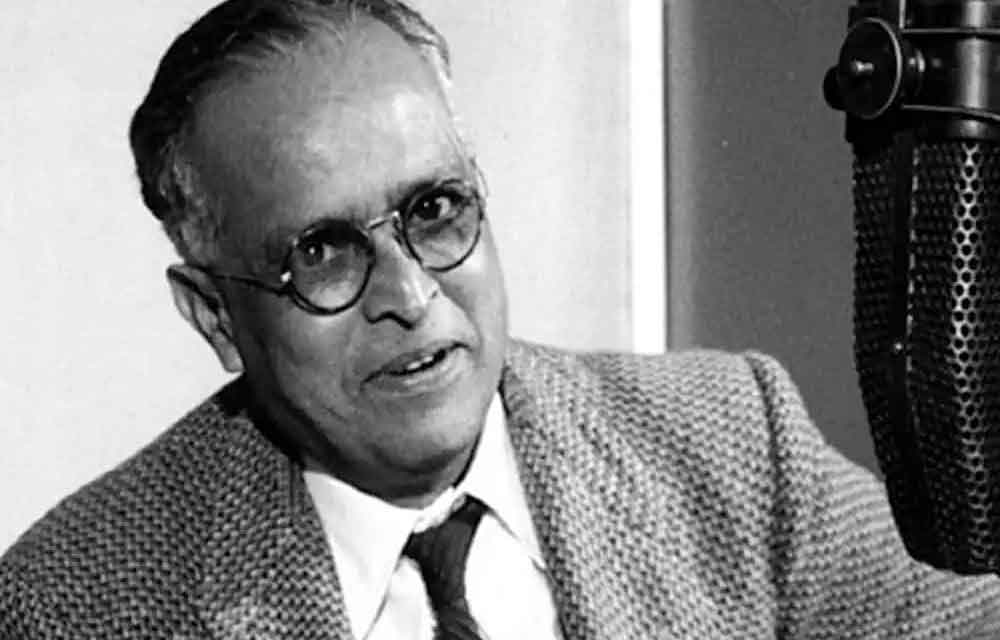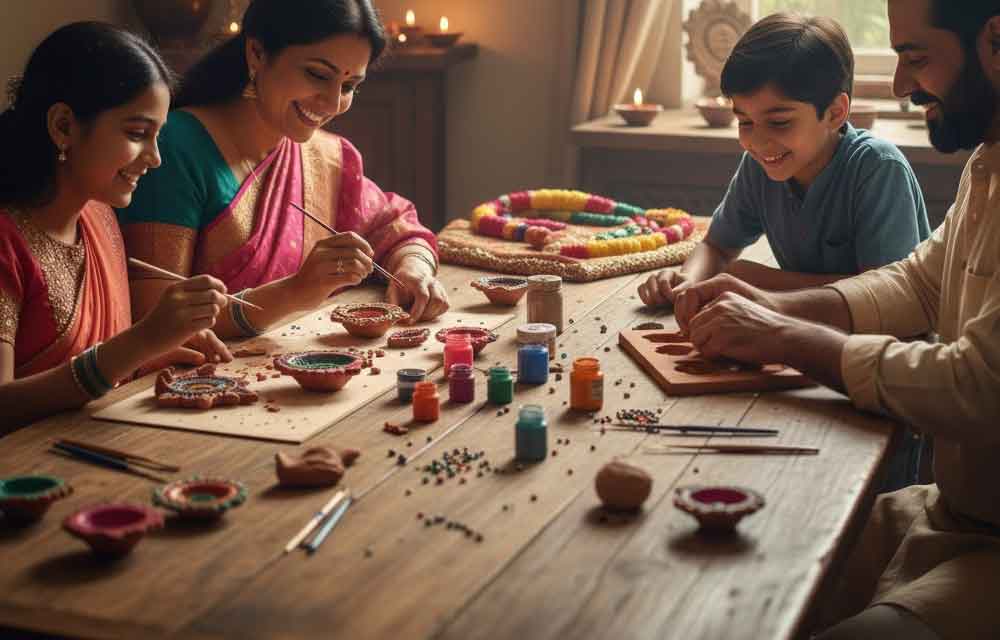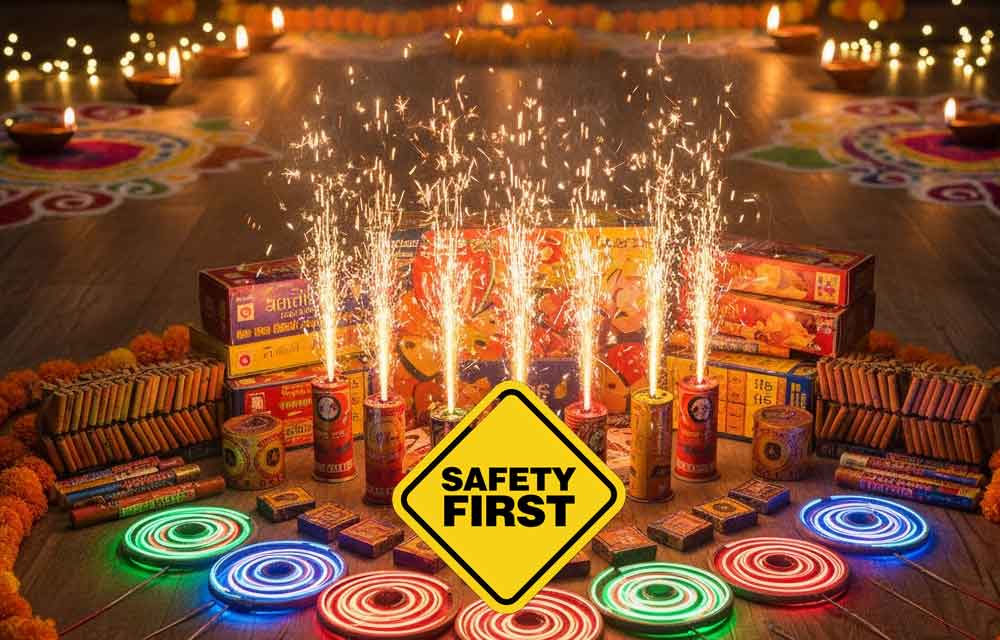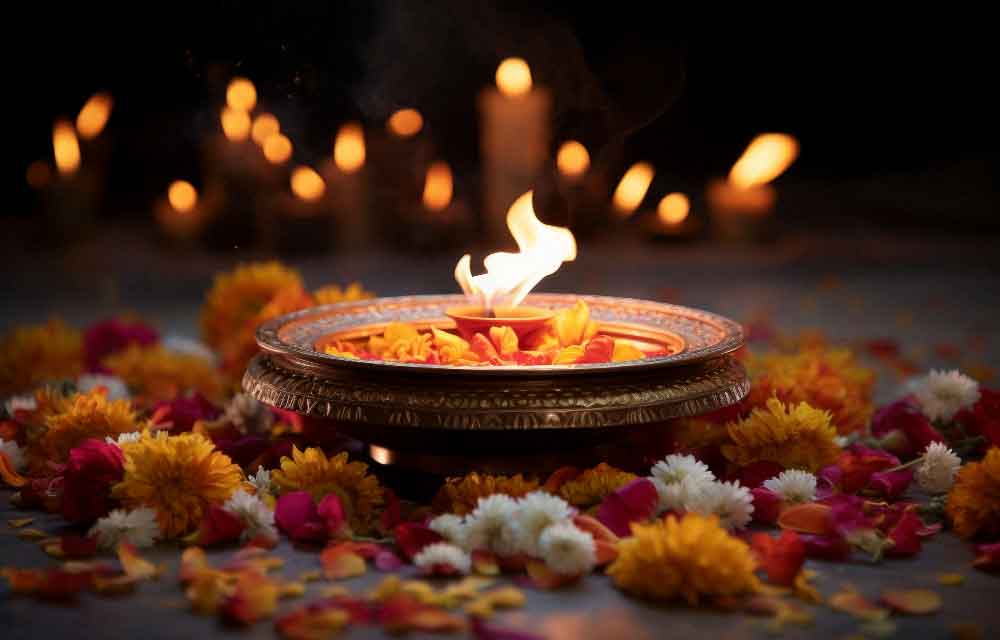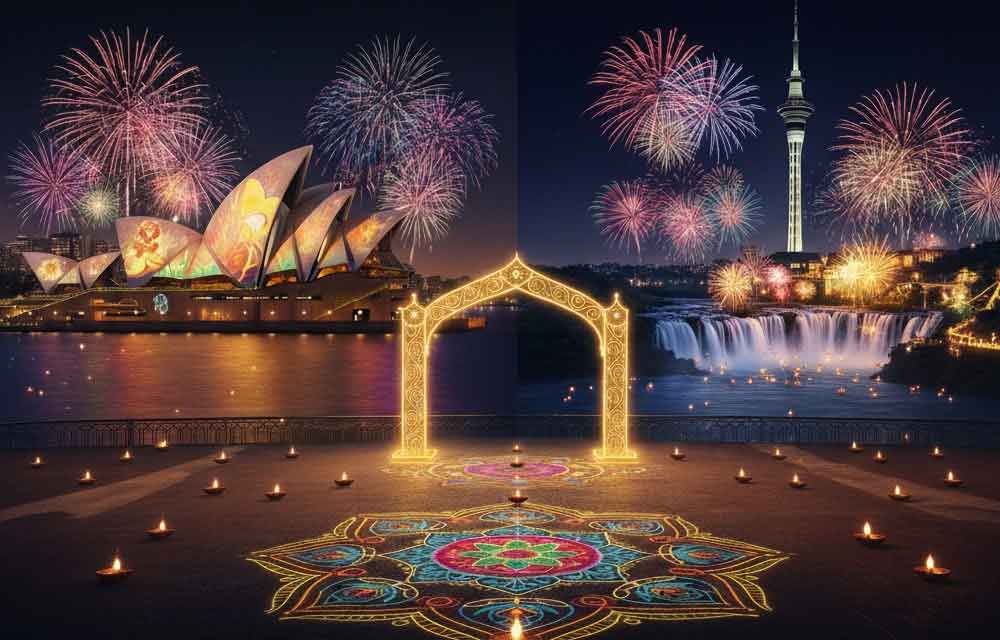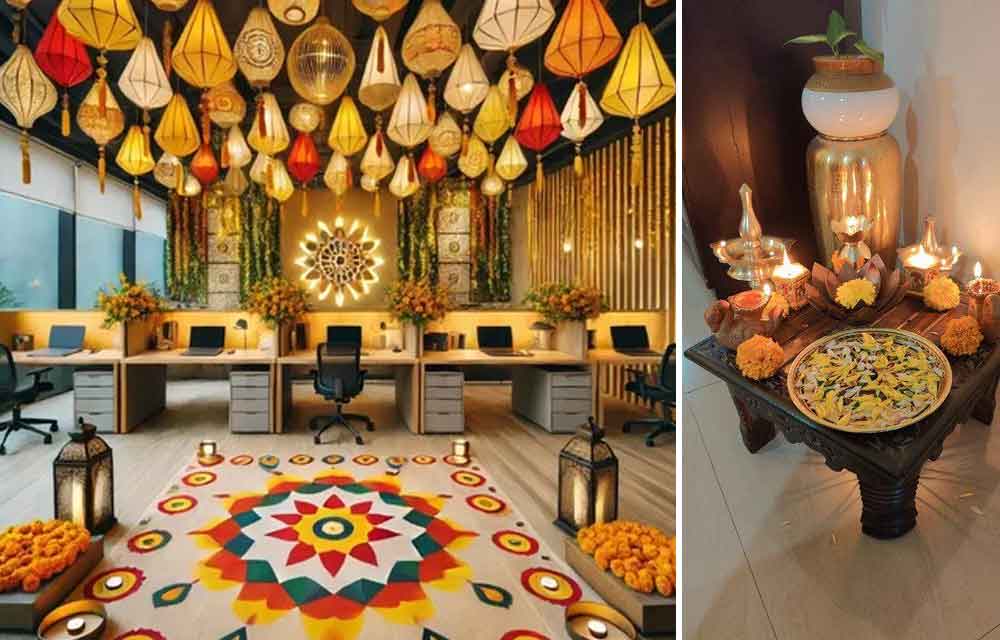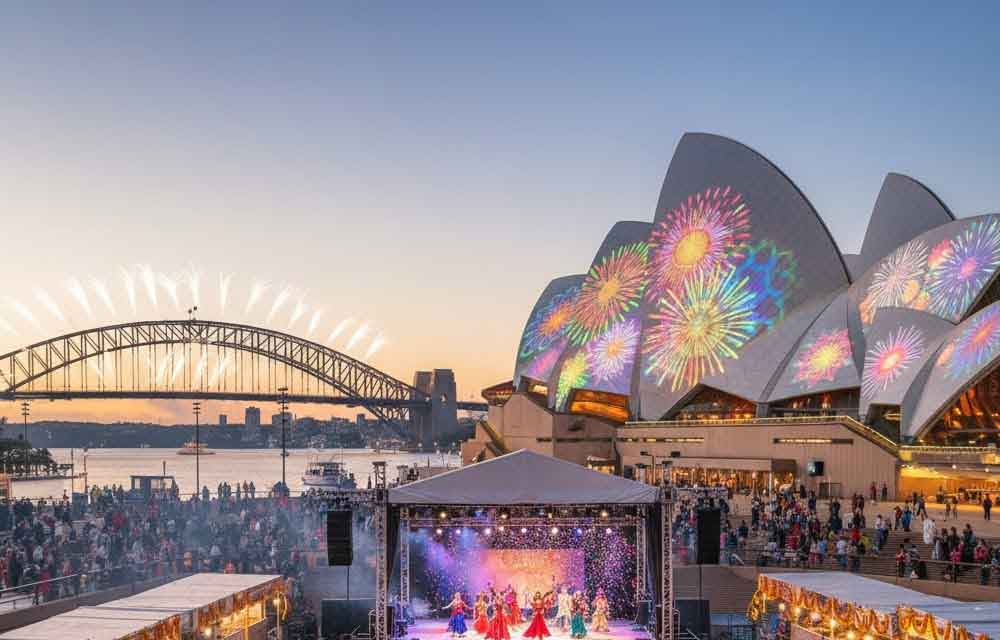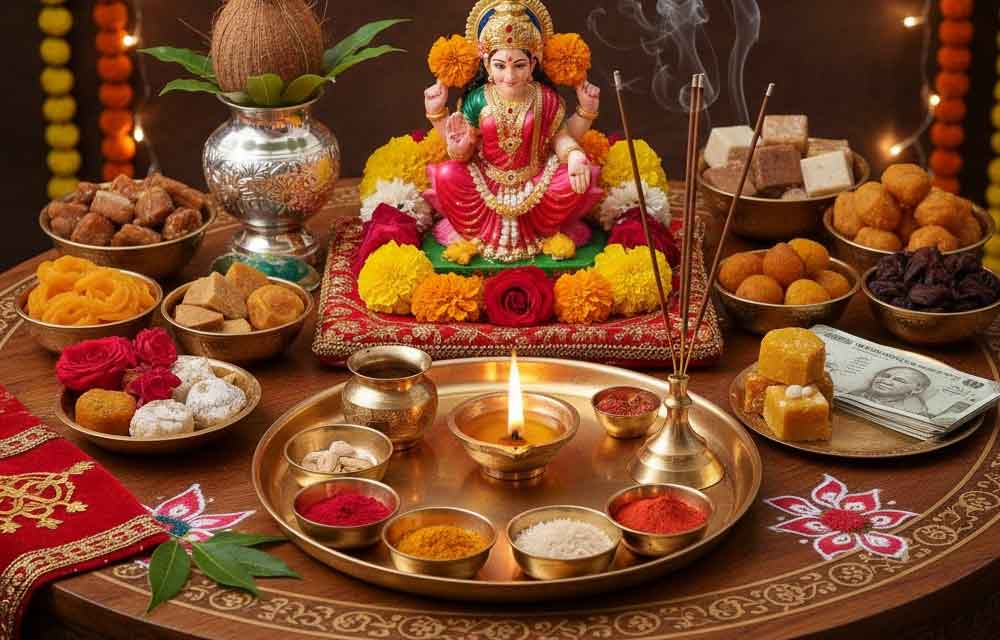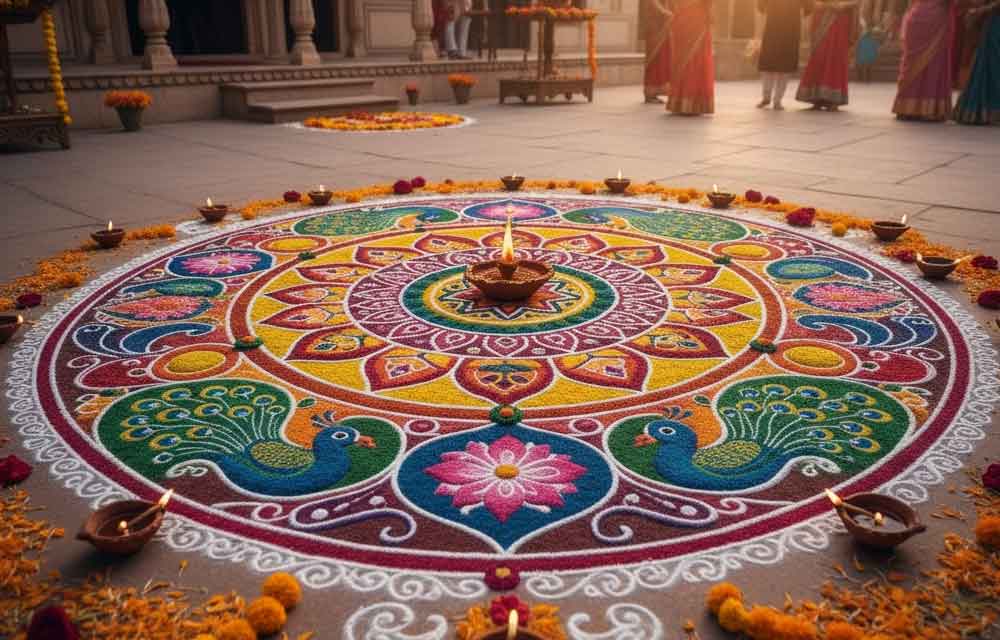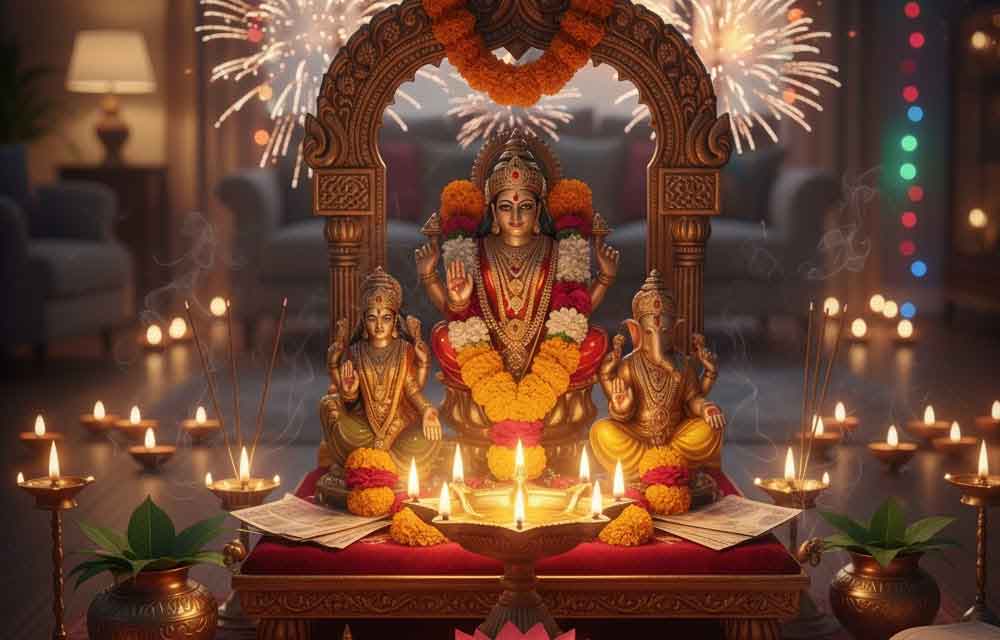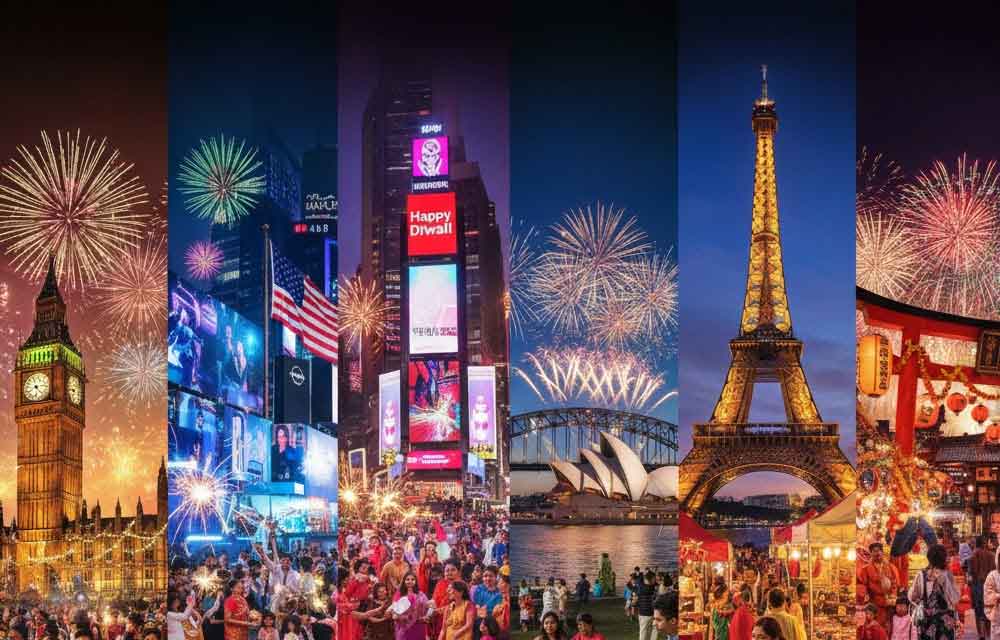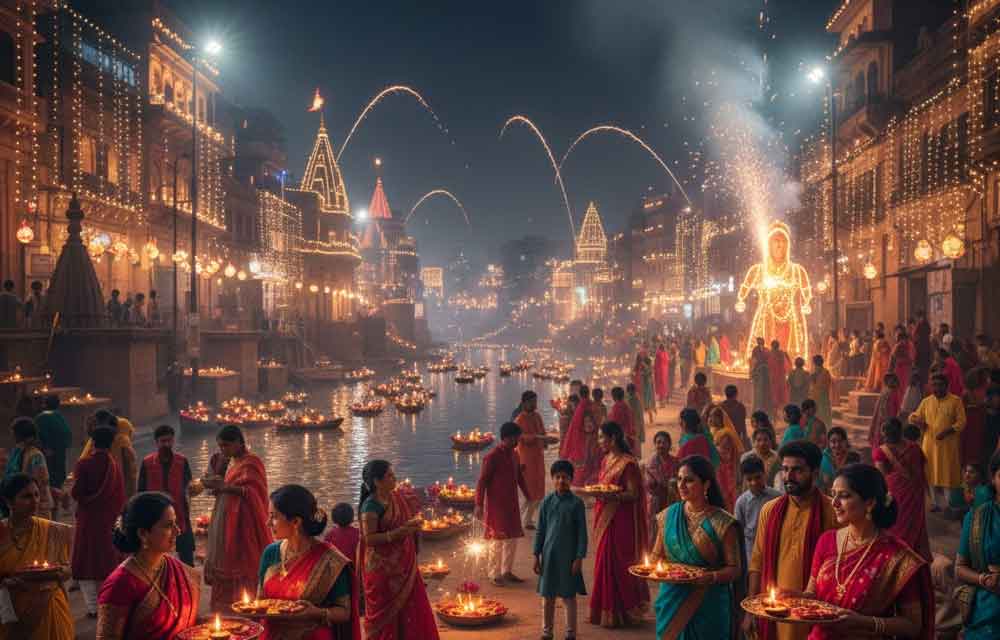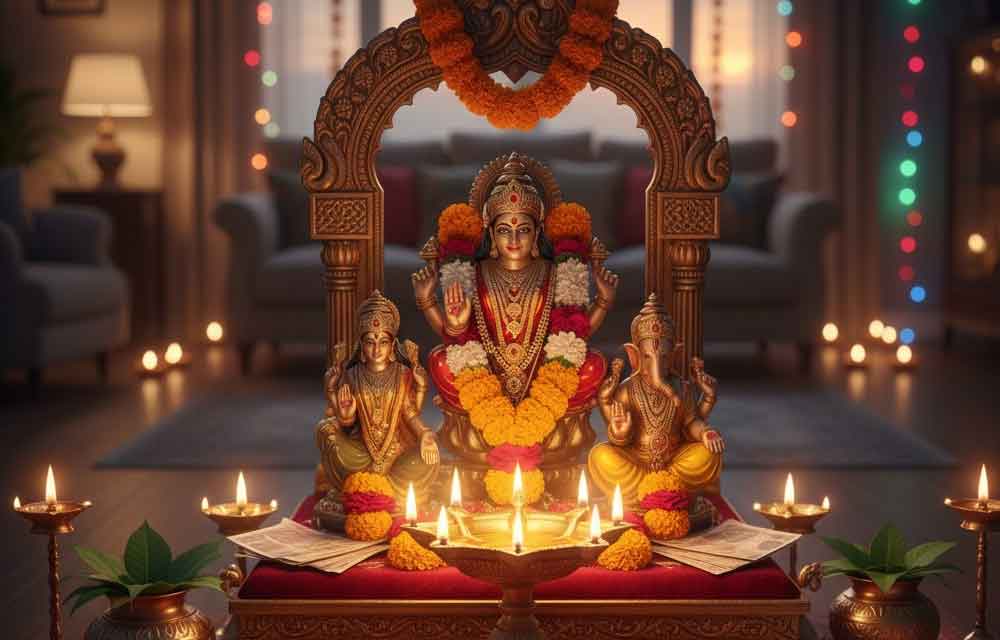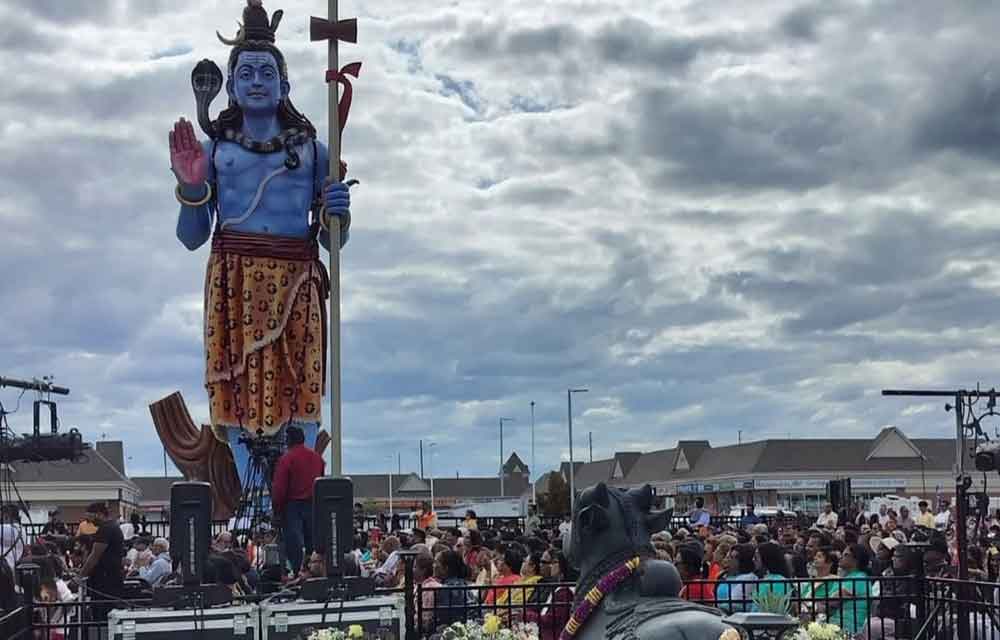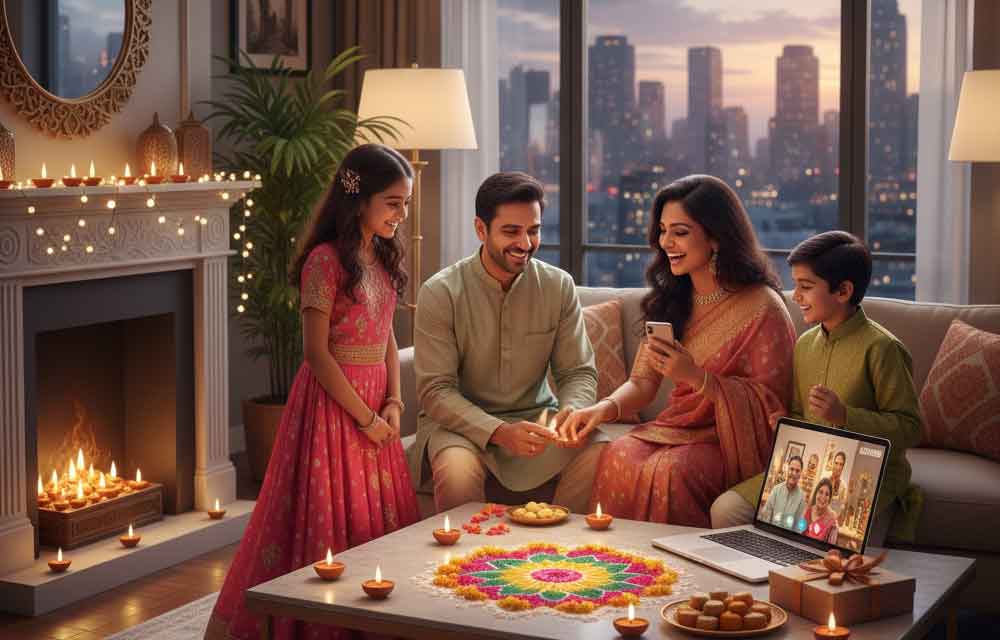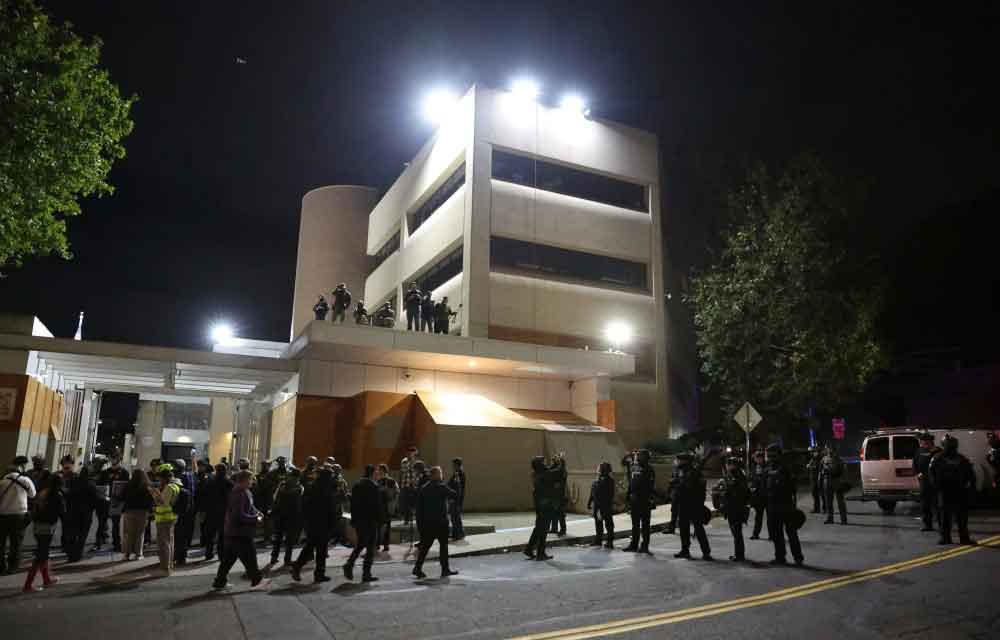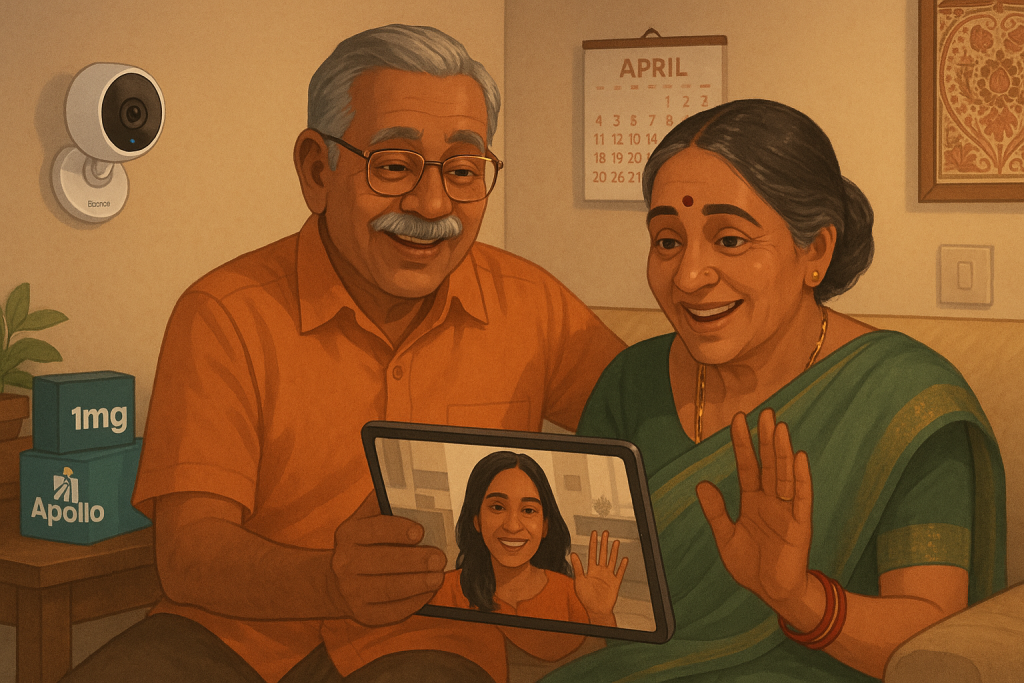The Ultimate Diwali Safety Guide for NRIs: Protecting Your Home & Family (According to Vastu)
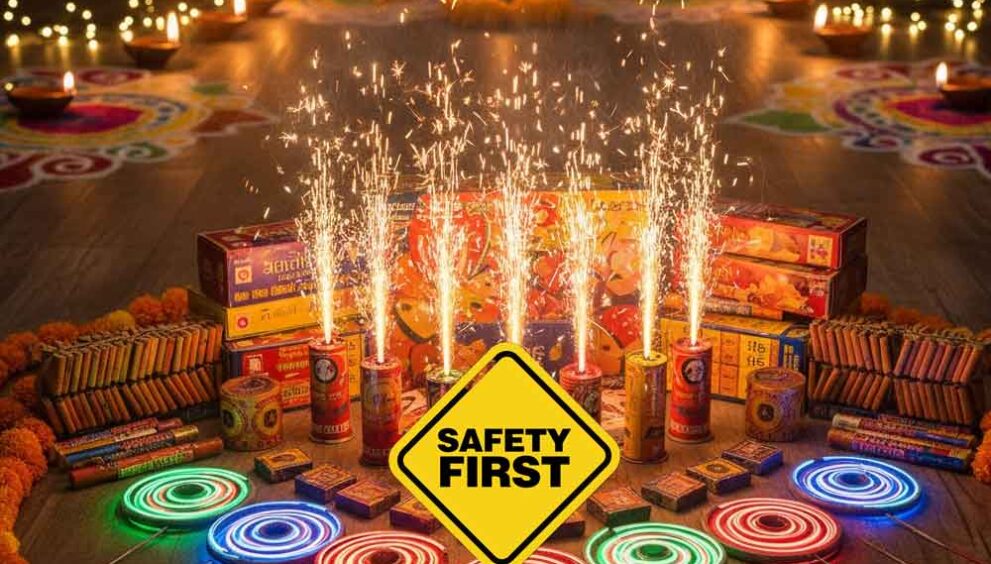
For millions of NRIs around the world, Diwali is more than just a festival—it is a way of staying connected with India, culture, and family values while living abroad. Whether you are in the US, UK, Canada, Australia, the Middle East, or elsewhere, celebrating Diwali brings warmth, light, and a sense of belonging to your roots.
But living away from India also means facing different challenges: apartment rules against open flames, restrictions on firecrackers, and the need to balance tradition with safety. At the same time, many NRIs also seek to follow Vastu Shastra principles to bring positivity and spiritual harmony into their homes.
This guide blends practical Diwali safety tips, Vastu recommendations for diya placement, and a devotional story—so you can celebrate safely and meaningfully, no matter where you live.
1. Fire & Electrical Safety Tips for NRIs
In many countries, fire safety regulations are stricter than in India, and lighting open diyas or bursting crackers may not always be allowed. Here are ways NRIs can celebrate safely without compromising tradition:
Safe Use of Diyas & Candles
- Use tea-light candles or battery-operated diyas: If your apartment doesn’t allow open flames, decorative LED diyas are a safe alternative.
- Heat-proof trays: Place oil diyas or candles on ceramic plates or metallic trays to avoid damaging surfaces.
- Balcony restrictions: Many apartments abroad prohibit open flames on balconies—always check with your building management.
- Never leave flames unattended: Even a single diya should not be left burning overnight without supervision.
Electrical Safety with Fairy Lights
- Check voltage compatibility: In the US and Canada, the voltage is 110V (unlike 220V in India). Ensure the lights you bring from India are compatible or use proper adapters.
- Indoor vs. outdoor lights: Only use outdoor-rated string lights for balconies or gardens.
- Timers for lights: Smart plugs or timers can switch off lights automatically—helpful if you forget before bed.
- Eco-friendly LEDs: Opt for LED fairy lights, which consume less power and emit less heat.
Firecracker Substitutes
- Check local laws: Many countries have strict bans on firecrackers. Instead, use eco-friendly sparklers if permitted.
- Community fireworks shows: Many Indian associations abroad organize community firecracker events—safe, legal, and festive.
- Virtual celebrations: Families often connect on Zoom or WhatsApp to light diyas together across time zones.
2. Vastu for NRIs: Safe & Positive Diya Placement
Even while abroad, many Indian families follow Vastu Shastra principles during Diwali. Lighting diyas and arranging lights properly is believed to attract prosperity, health, and positivity.
Where to Place Diyas (Vastu-Friendly Tips Abroad)
- Main Entrance: Place the main diya (Akhanda Deepak) near the entrance of your home—on a small decorative plate, ensuring it’s safe. This symbolizes inviting Goddess Lakshmi inside.
- Pooja Corner: If you’ve set up a small pooja space or altar, keep diyas there in the East or North-East direction.
- Windows & Balconies: Place LED or real diyas on windowsills—this allows light to spread outward, symbolizing sharing blessings.
- Tulsi Plant (if available): Many NRIs keep a Tulsi pot indoors. Lighting a diya near it in the North-East corner brings health and purity.
Do’s and Don’ts (for NRI Homes)
- Avoid placing diyas under smoke detectors—they may trigger alarms.
- In apartments with strict no-flame policies, use brass or clay electric diyas instead of real oil lamps.
- Ensure no corner of the house remains in darkness; Vastu suggests that light dispels negative energy.
3. Post-Diwali Cleansing Rituals for NRIs
After celebrations, both physical and spiritual cleansing is important—even more so in NRI households, where Diwali often coincides with busy work or school schedules.
Physical Cleaning
- Dispose safely: Clear burnt candles, tea lights, and cracker remains (if used) immediately.
- Entrance cleansing: Wash or wipe the entrance with water infused with salt or turmeric for purification.
- Fragrance cleansing: Use natural incense sticks, loban, or essential oil diffusers to purify the home atmosphere.
Spiritual Cleansing
- Chanting & Gratitude: Recite mantras like the Lakshmi Ashtottara Shatanamavali for blessings. Even 11 chants daily keep vibrations positive.
- Digital rangoli sharing: If space is small, create rangolis digitally and share with family back home. The intent is as powerful as the act.
- Charity in your country: Donate food, clothes, or funds to local charities—extending Diwali’s spirit of generosity globally.
4. Devotional Story of Diwali: Why NRIs Light Diyas
For NRIs, celebrating Diwali often feels like recreating Ayodhya in a foreign land. The stories of light and victory become even more meaningful when you are away from your homeland.
Lord Rama Returns to Ayodhya
The most beloved Diwali story is of Lord Rama’s return after 14 years of exile. As Ayodhya lit millions of diyas to welcome him, NRIs too light diyas in their adopted homes—symbolizing that wherever light shines, there is Ayodhya.
Goddess Lakshmi’s Emergence
During Samudra Manthan, Goddess Lakshmi emerged, symbolizing abundance. NRIs often perform Lakshmi Pooja to invite her blessings not just for material wealth but also for harmony in families spread across continents.
Lord Krishna & Narakasura
In South Indian communities abroad, Diwali marks Krishna’s victory over Narakasura. NRIs celebrate Naraka Chaturdashi with early morning oil baths and prayers, passing on traditions to children born abroad.
5. Mantras & Devotional Practices for NRIs
Even if you live in a place where space is limited, chanting mantras while lighting lamps brings immense positivity.
Lakshmi Mantra
“Om Shreem Mahalakshmiyei Namah”
Invoke Goddess Lakshmi for abundance in foreign lands.
Deepa Mantra (for lighting lamps)
“Shubham karoti kalyanam, aarogyam dhana sampadah
Shatru buddhi vinashaya, deepa jyotir namostute”
Recite before lighting diyas—whether real or electric—to honor divine light.
Family Practice Abroad
Many NRI families involve children by teaching them simple slokas, letting them light battery-operated diyas, and explaining the stories of Rama, Krishna, and Lakshmi—keeping heritage alive.
6. Final Thoughts: A Safe & Spiritually Rich Diwali for NRIs
For NRIs, Diwali is not just about lighting diyas—it’s about keeping India alive in your hearts while embracing global lifestyles. By combining safety practices, Vastu principles, and devotional traditions, you can create a Diwali that is both safe and spiritually fulfilling.
- Light diyas with awareness (real or LED).
- Align placements with Vastu for prosperity.
- Celebrate with your community abroad, while staying connected with family in India.
- Teach your children the spiritual meaning behind lights, not just the beauty of decorations.
Wherever you live—be it New York, London, Sydney, Toronto, or Dubai—Diwali is the moment when your home transforms into a temple of light, attracting blessings of prosperity, health, and joy.
 May Goddess Lakshmi bless your family with abundance, safety, and divine light, no matter where in the world you celebrate.
May Goddess Lakshmi bless your family with abundance, safety, and divine light, no matter where in the world you celebrate. 

 English
English 